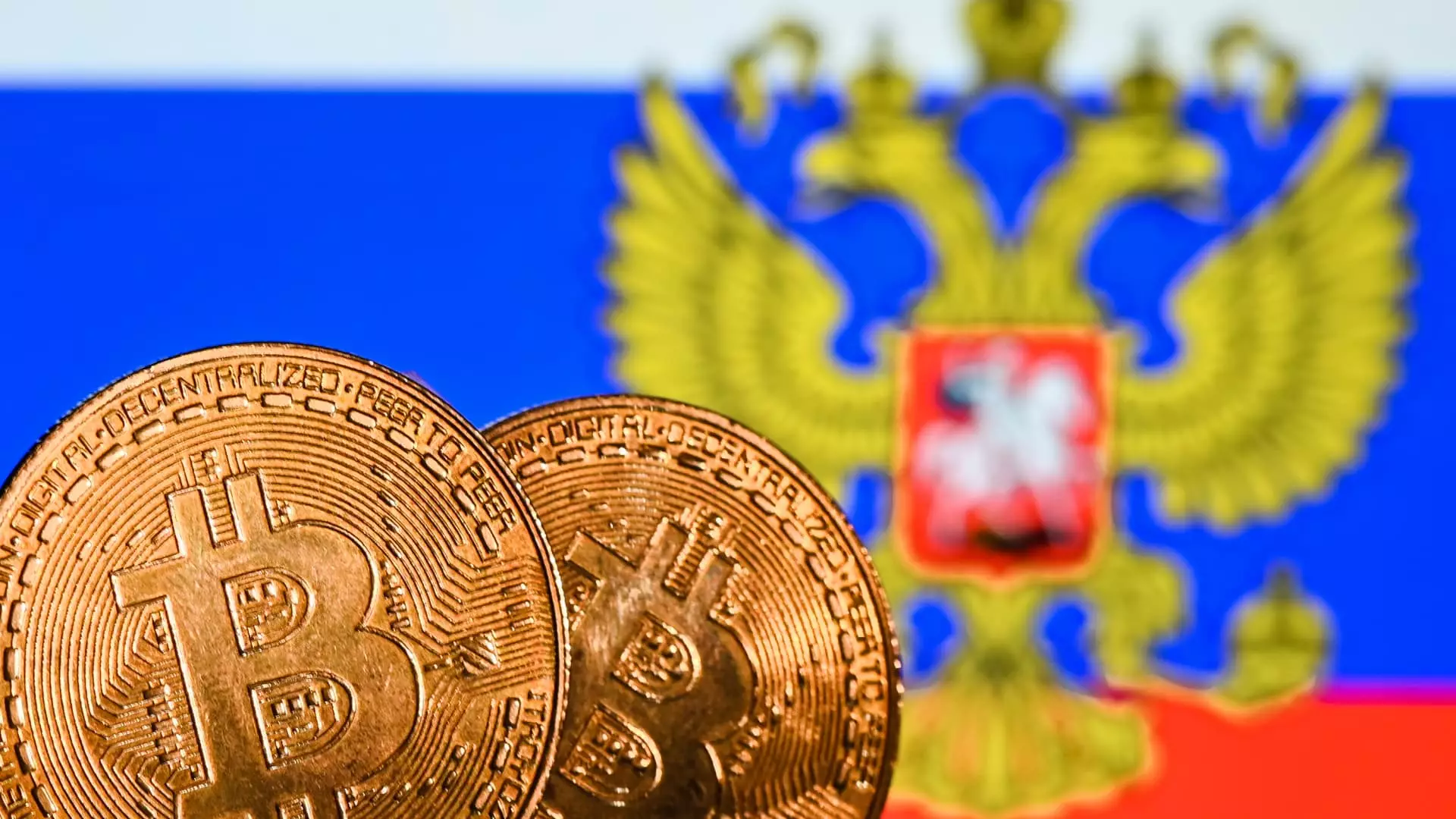Russia is currently facing immense financial pressure due to Western sanctions, prompting the country to consider the legalization of cryptocurrency for international payments. The lower house of the Russian Parliament, the State Duma, is set to deliberate on a law that will allow for settlements in cryptocurrencies within an experimental regime. This move comes as a response to the ongoing tensions between Russia and the U.S. and its allies, which have resulted in numerous sanctions on Russian individuals and entities following the country’s invasion of Ukraine in February 2022.
Elvira Nabiullina, the governor of Russia’s central bank, announced that the central bank is exploring the use of crypto for cross-border payments, with plans for implementation before the end of 2024. This marks a significant reversal from the regulator’s previous stance, where a ban on the use of crypto for transactions was proposed in January 2022. The move towards adopting cryptocurrency for international payments is part of Russia’s efforts to circumvent the financial restrictions imposed by sanctions and ensure seamless transactions despite external pressures.
In addition to considering the use of cryptocurrency, Russia is also exploring the implementation of a digital version of the ruble. Central bank digital currencies (CBDCs) differ from traditional cryptocurrencies like bitcoin as they are issued directly by a government and are designed to mimic fiat currencies in a digital token format. The Russian Central Bank aims to transition from a pilot phase to mass implementation of the digital ruble starting from July 2025, signaling a broader shift towards digital currency adoption in the country.
While the adoption of cryptocurrency for international payments presents opportunities for Russia to navigate financial sanctions and ensure smoother cross-border transactions, it also comes with challenges. The volatility of cryptocurrencies, regulatory uncertainties, and potential security risks pose significant hurdles that need to be addressed. Additionally, the use of crypto to evade sanctions raises concerns about its implications on global financial stability and the efficacy of existing regulatory frameworks.
The move towards legalizing cryptocurrency for international payments aligns with the broader trend of countries exploring digital currencies as part of their monetary systems. As other sanctioned nations like North Korea have utilised cryptocurrencies to bypass financial restrictions, the international community faces the challenge of balancing the potential benefits of digital assets with the associated risks. The ongoing developments in Russia highlight the evolving landscape of cryptocurrency adoption and its implications on international finance and geopolitics.
Russia’s consideration of legalizing cryptocurrency for international payments reflects its strategic response to financial pressures from Western sanctions. The shift towards embracing crypto-based transactions and the adoption of a digital ruble signify a significant departure from the country’s previous stance on digital assets. While the move opens up new possibilities for navigating sanctions, it also raises questions about the broader impact of using cryptocurrencies in international finance. As Russia moves towards integrating digital currencies into its financial system, the global community will closely monitor the developments and assess the implications of these policy changes.


Leave a Reply